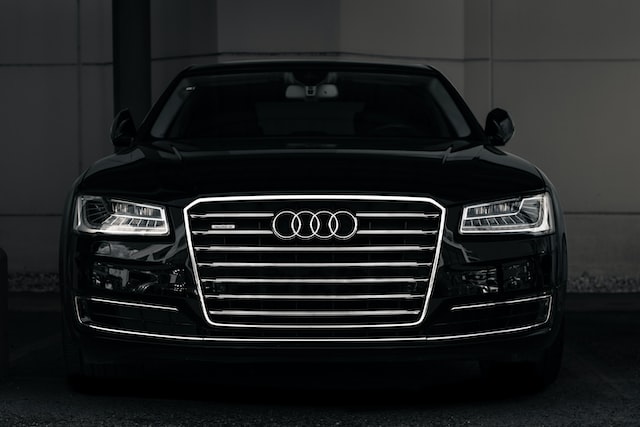Cargroot is reader-supported. When you buy through links on our site, we may earn an affiliate commission.
Nowadays, many aspects of your vehicle are driven by computerized systems. Unlike traditional vehicles, modern-day components like parking brakes and steering no longer rely on mechanical linkages. The advances in technology have made taking care of all these functions a breeze.
One such component is Electronic Power Control, abbreviated as EPC, which monitors your car for optimal performance. It’s essentially a management system, mostly found in V.A.G cars, that identifies and reports issues with your vehicle’s ignition or engine.
If you own an Audi or Volkswagen car that has its EPC light turned on and you’ve got no clue what’s going on, then make sure you read on. This article will attempt to answer all your queries related to EPC, such as what it does, why it’s on, and what you can do about it.
EPC – What Does It Exactly Mean?
As stated above, EPC stands for electronic power control, which is a system that manages your car’s engine and computerized ignition through a control system. Most vehicles that are a part of the Volkswagen Audi Group usually have an EPC installed in their mechanics.
It’s considered a critical component for your vehicle because of certain reasons such as:
- It works alongside the electronic control unit of your car to ensure everything is working correctly
- It provides an indication to the driver in the event of any issues as a warning
- It keeps a check on your electronic systems like electronic stability control and cruise control
- It protects the engine from further damage by indicating to the driver beforehand
In a nutshell, when the EPC light on your car is turned on, it is an indication that there’s something wrong with certain internal components of your vehicle. You may also notice some additional lights illuminating alongside the EPC, suggesting what could possibly be the issue.
Causes of EPC Light Turning on in Audi/VW
When the EPC light on your vehicle turns on, it’s essential to pay attention to it and the other indicators. There can be a myriad of reasons for this light to turn on. Here are some issues that may trigger the EPC light on your vehicle:
- Engine Malfunctions
- Faults in Cruise Controls
- Sensor-related Issues
- Issues in Throttle Pedal
- Problems with Engine Speed Sensor
If you see any of the aforementioned issues in your vehicle, it’s time to warrant a trip to the repair shop. Also, keep in mind that the EPC monitors a lot of components altogether, so to identify the root cause of the problem, a thorough scan of your vehicle is required.
What Can You Do To Mitigate A Turned On EPC Light On Your Audi/VW
The first thing that should come to mind if your vehicle’s EPC light is turned on is that there’s something wrong with your car. At this point, you can either identify and rectify the problem yourself, or seek help from a professional.
To diagnose the vehicle yourself, you’ll need an OBD2 Scanner to extract the fault code and identify what has caused the EPC to light up. If you aren’t quite familiar with EPC and its working, it’s better to find a professional instead.
Is It Safe To Drive With The EPC Light On
Although you may be able to continue driving your car if the EPC light has turned on recently, it’s still not considered a safe practice when it comes to road safety. The light might be indicating a simple issue like lack of traction control or a tedious one like engine system breakdown.
Eventually, as you continue driving even after the indication, you might cause further damage to the engine. That’s why it’s a smart choice to not drive the vehicle much and get it serviced at a nearby service center for repairs.
Bottom Line
So, there you have it – everything you need to know about EPC in one place. We hope you found the information shared here helpful. The EPC is certainly a critical component of your vehicle that helps keep check of your vehicle.
To enjoy a safe driving experience, your car should have an EPC. Moreover, as soon as the light turns on, consider taking your car to a professional to avoid any potential damage.



![[Solved] Check Emission System Acura MDX](https://cargroot.com/wp-content/uploads/2023/05/jakob-rosen-GtBQKUkrrwM-unsplash-e1684476012826-100x70.jpg)

![[Solved] Oil Light Comes on and Off – Meaning, Causes & Fixes!](https://cargroot.com/wp-content/uploads/2023/03/alex-mccarthy-BKM4T2BLlFE-unsplash-100x70.jpg)

